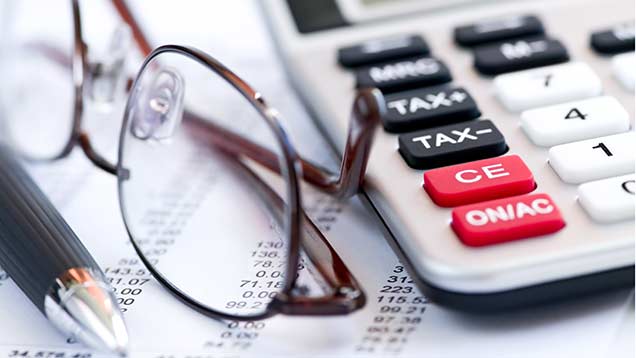Lower farm incomes could mean higher tax bills
 © Monkey Business Images/Rex Shutterstock
© Monkey Business Images/Rex Shutterstock
Farmers suffering from depressed incomes could end up paying more tax for the 2014-15 financial year because of reduced capital investments.
Incomes are under pressure across all farming sectors, resulting in producers scaling back on business spending, say accountants.
But this has resulted in less purchases to put against tax.
Matters could be made even worse if BPS payments, due in December, are delayed – as many farmers pay their tax bills in January.
See also: How to tie up legal and tax succession issues
Andrew Vickery, head of rural services at accountant Old Mill, warned that a common misconception from farmers whose incomes had gone down was that they didn’t have to worry about a large tax bill.
“As a result, many businesses undergoing significant periods of investment have paid little or no tax for several years. However, as incomes have dropped so has farmers’ confidence and, consequently, their capital expenditure”
Andrew Vickery, Old Mill
Mr Vickery said: “The past few years have been a ripe time for investment due to the generous £500,000 annual investment allowance, which has enabled businesses to write off large capital purchases against profits.
“As a result, many businesses undergoing significant periods of investment have paid little or no tax for several years.
“However, as incomes have dropped so has farmers’ confidence and, consequently, their capital expenditure.
“That change has already been seen among many of our clients with March 2015 year-ends.”
Example: How much tax a simple farming partnership would pay
Mr Vickery gave an example of a simple farming partnership where reduced capital expenditure meant taxable profits would jump 45%.
As a result, £13,000 of their combined income would be subject to 40% tax compared with none the previous year, despite profits being £20,000 lower.
| 2013-14 | 2014-15 | |
| Accounts profit | £90,000 | £70,000 |
| Add depreciation | £30,000 | £25,000 |
| Less capital allowances | -£60,000 | -£8,000 |
| Taxable profit | £60,000 | £87,000 |
| Income taxed at higher rate | £0 | £13,000 |
| Off-farm income | £10,000 | £10,000 |
| Tax liability | £16,500 | £23,860 |
| Effective tax rate | 16.5% | 29.8% |
Mr Vickery said there were several things farmers could do in the short to long term to help deal with this situation, including deferring tax bills for 2014-15, undertaking a thorough analysis of profits for 2015-16, planning large capital expenditures and reviewing business structures.
